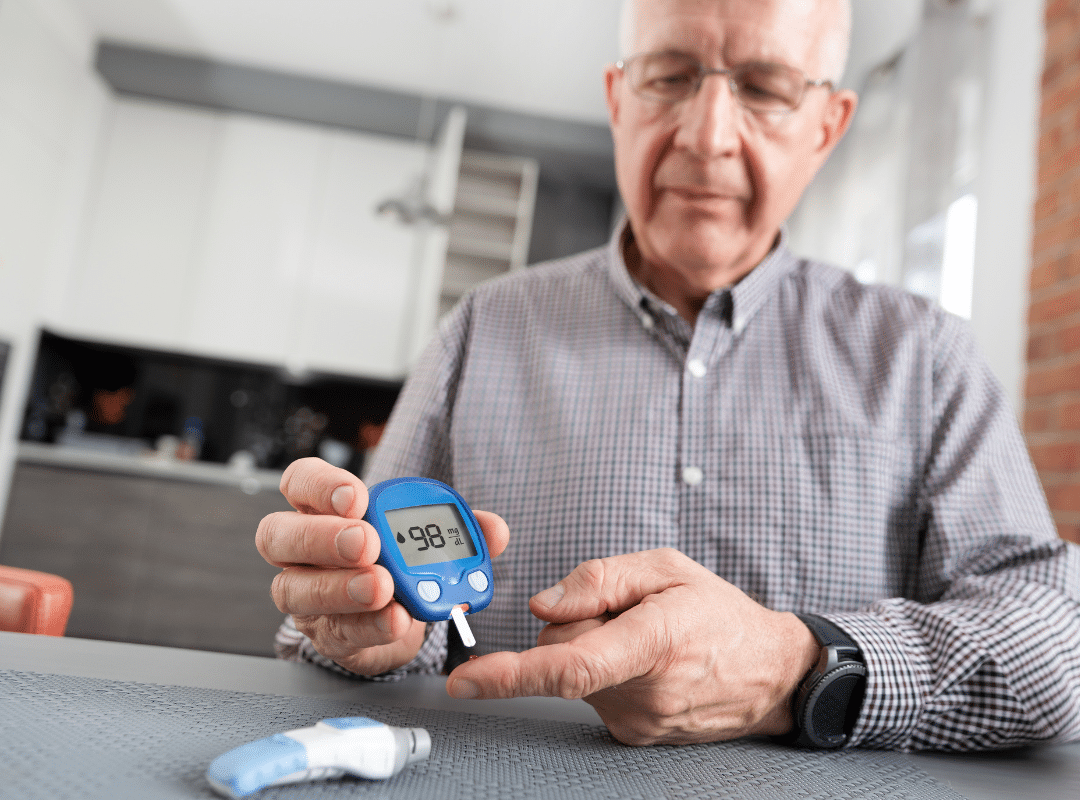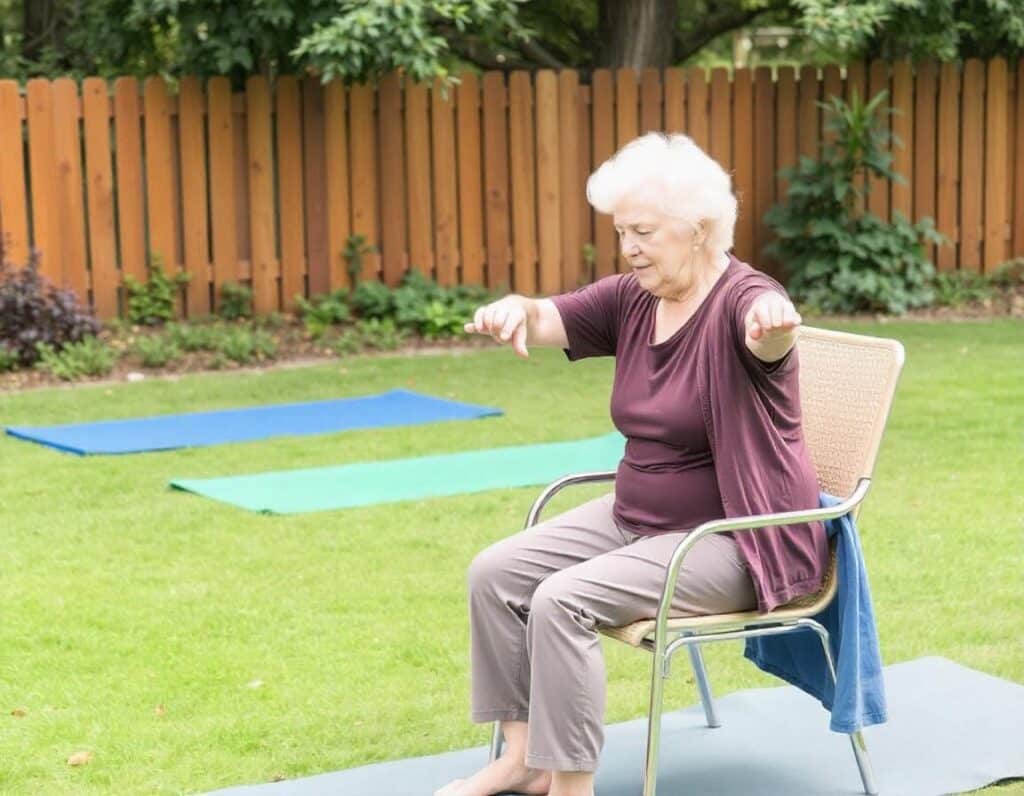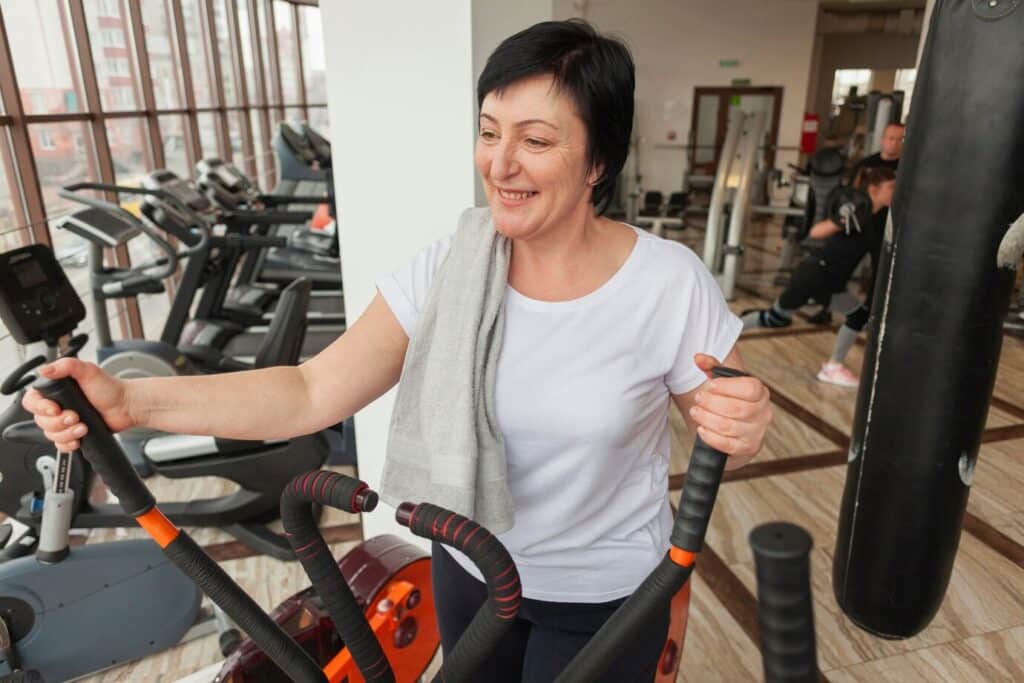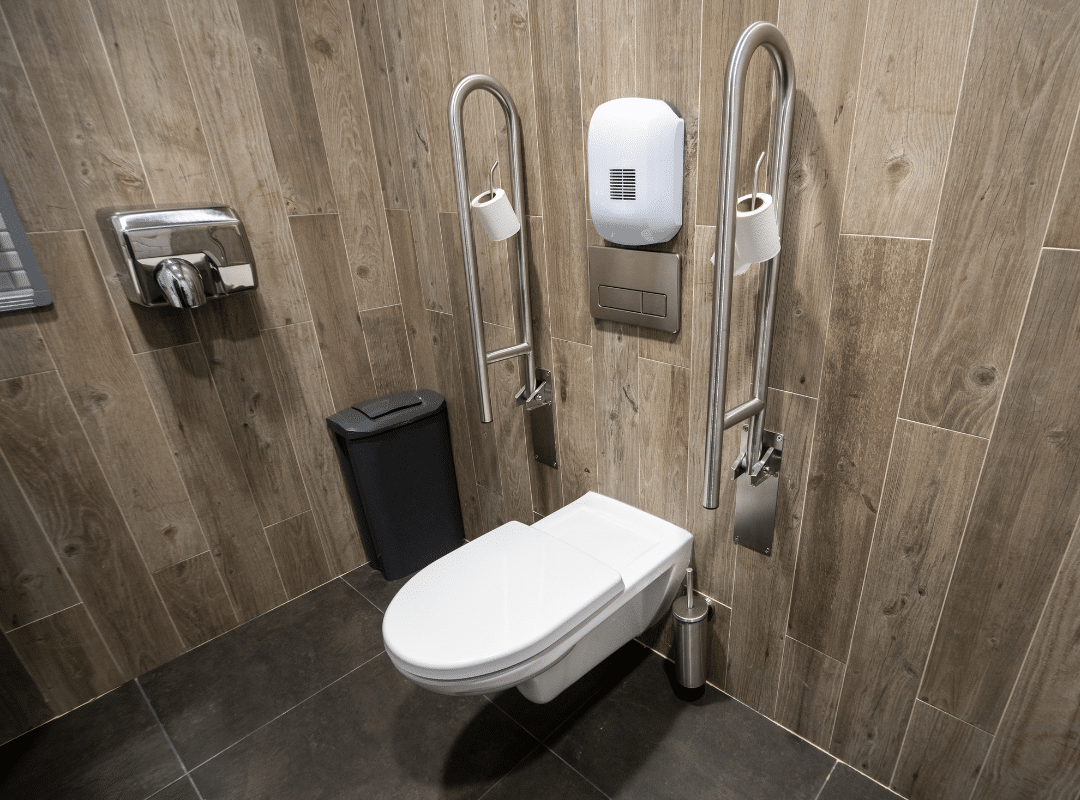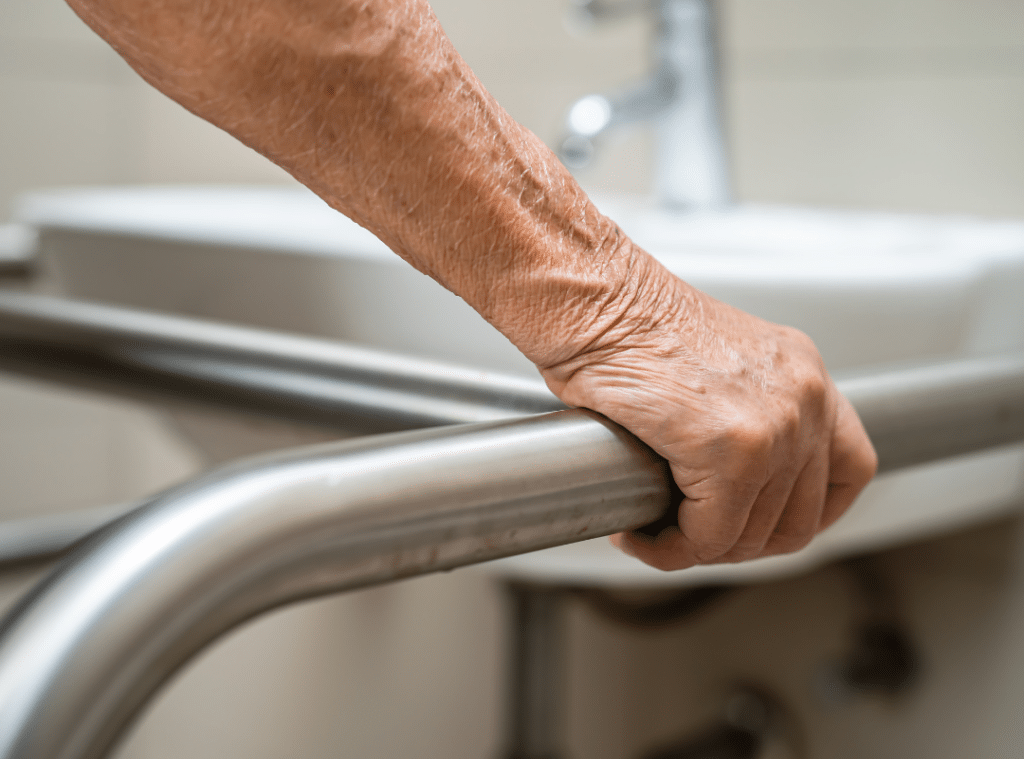Metformin Nursing Interventions for Diabetes Care
Metformin Nursing Interventions for Better Diabetes Care
Understanding Metformin nursing interventions is essential for effective patient care when managing diabetes at Westmont of Carmel Valley. You’ll want to assess each patient’s medical history and risk factors to tailor interventions. Educating them about medication timing and dietary changes can considerably impact adherence. Monitoring blood glucose levels closely guarantees safety and efficacy. But there’s more to consider when creating a thorough care plan that promotes ideal health outcomes. Let’s explore how to implement these strategies effectively.
Assessing Patient History and Risk Factors Before Metformin Administration
When evaluating a patient’s history and risk factors for Metformin assessment before administration, it is crucial to gather thorough information about their medical background, especially regarding allergies, complications from diabetes, and any renal or hepatic issues. You’ll want to conduct a detailed risk assessment, considering patient demographics such as age, weight, and existing health conditions.
Understanding these factors enables you to tailor the treatment plan effectively. Pay attention to any history of Metformin contraindications, such as lactic acidosis or significant renal impairment, as these can pose severe risks. Engaging patients in this process fosters trust and ensures they feel valued and understood. Additionally, incorporating balanced nutrition into their daily meals can significantly improve overall health outcomes.
Monitoring Blood Glucose Levels to Evaluate Metformin Effectiveness
Anyone taking Metformin must regularly monitor blood glucose levels to evaluate the medication’s effectiveness. This helps guarantee successful diabetes management and minimizes the risk of complications. Keeping track of glucose trends provides insight into how medication and lifestyle choices impact blood sugar levels.
Healthcare providers should ensure patients test glucose levels as recommended and maintain logs to identify patterns. Diet and physical activity adjustments should be made based on test results. Additionally, chronic conditions can complicate diabetes management and require more intensive monitoring.
Educating Patients on Metformin Administration and Side Effects
Understanding how to administer metformin properly is essential for effective diabetes management. Educating patients fosters medication adherence and enhances health outcomes. First, emphasize the importance of taking metformin with food to minimize Metformin side effects like gastrointestinal discomfort. Encourage patients to swallow extended-release tablets whole without chewing or crushing them.
Consistently taking the medication simultaneously each day helps maintain stable blood glucose levels. Open discussions about potential side effects and when to seek medical attention foster proactive care. Patients should also be reminded that maintaining physical health through regular exercise and a balanced diet further supports diabetes management.
Managing Dietary Needs and Lifestyle Modifications
Effective diabetes care requires more than medication adherence—it involves strategic dietary choices and lifestyle modifications. Patients should prioritize balanced diets that include whole grains, lean proteins, and vegetables to stabilize blood sugar levels. Portion control and hydration are also essential.
Additionally, personalized menu planning can help ensure proper nutrition. Lifestyle changes, including regular exercise, are necessary to enhance insulin sensitivity and overall well-being.

Recognizing and Responding to Metformin Side Effects
While Metformin side effects like nausea and diarrhea are common, it’s crucial to monitor patients for more severe reactions such as lactic acidosis. Symptoms such as muscle pain, difficulty breathing, and extreme fatigue should be reported immediately.
Common Side Effects of Metformin
Patients taking metformin may experience:
- Nausea and vomiting
- Diarrhea
- Loss of appetite
- Flatulence
Communicating these concerns with healthcare providers ensures timely treatment adjustments. Recognizing and responding to these effects improves patient comfort and adherence to therapy.
Serious Metformin Contraindications and Complications
Beyond common side effects, Metformin contraindications include severe renal impairment, liver dysfunction, and heart failure, which may increase the risk of lactic acidosis. Patients should be educated on recognizing serious complications and encouraged to report unusual symptoms. By fostering an environment of vigilance, healthcare providers can minimize risks and ensure patient safety.
Collaborating With Healthcare Team Members for Better Metformin Management
A multidisciplinary approach is vital when managing priority nursing interventions for Metformin. Effective communication between healthcare providers ensures well-informed treatment plans, reducing errors and improving outcomes.
Benefits of Multidisciplinary Collaboration
- Comprehensive Assessments: Various professionals evaluate different aspects of patient care.
- Improved Communication: Coordination reduces errors and enhances patient safety.
- Holistic Management: Addressing physical, emotional, and social factors improves adherence.
- Tailored Education: Targeted patient education ensures understanding and better diabetes management.
Effective Communication for Optimal Metformin Therapy
Encouraging open communication between team members guarantees optimal Metformin evaluation of medication effectiveness. Regular discussions with pharmacists, dietitians, and physicians allow for well-rounded patient care, leading to improved blood glucose control and better patient satisfaction.
Providing Ongoing Support and Follow-Up Care
Ensuring continuous support in Metformin nursing interventions helps maintain patient adherence and positive outcomes. Healthcare professionals should schedule regular follow-ups to monitor blood glucose levels, educate patients on potential side effects, and reinforce lifestyle modifications.
These nursing interventions can significantly enhance diabetes care for metformin patients at Westmont of Carmel Valley. Studies show that effective management can reduce HbA1c levels by up to 1.5% within three months. By regularly evaluating patient histories, monitoring blood glucose, and educating patients on medication use and lifestyle changes, you’re not just treating diabetes—you’re empowering patients to take charge of their health.
Continuous collaboration with healthcare professionals ensures patients receive the holistic support they need for optimal diabetes control. For more information, please call 858-465-7356.
Frequently Asked Questions
What are the nursing responsibilities when administering metformin?
Nurses administering metformin should verify the patient’s renal function and confirm no contraindications, such as kidney impairment or recent contrast imaging. They should also educate the patient about the potential side effects, such as gastrointestinal discomfort and signs of lactic acidosis. The nurse should instruct the patient to take metformin with food to minimize gastrointestinal upset. Additionally, routine monitoring of blood glucose levels is essential to evaluate the medication’s effectiveness.
What should the nurse monitor when a patient is taking metformin?
When a patient is on metformin, the nurse should regularly monitor renal function tests, including serum creatinine levels, to prevent complications like lactic acidosis. Monitoring blood glucose levels and hemoglobin A1C is critical to determine if metformin effectively manages blood sugar. Nurses should also observe for symptoms of gastrointestinal upset, which can be shared during initial therapy. Patients should also be monitored closely for signs of lactic acidosis, such as fatigue, dizziness, or muscle pain.
What assessments are necessary when a patient is taking metformin?
When assessing a patient on metformin, evaluate renal function tests, including creatinine and estimated glomerular filtration rate (eGFR), to detect any renal impairment. Assess baseline and ongoing blood glucose levels to track medication efficacy. Evaluate the patient for gastrointestinal symptoms, like nausea or diarrhea, that may indicate intolerance. Lastly, the patient’s lifestyle, diet, and exercise habits, which can significantly influence the effectiveness of metformin therapy, should be assessed.
What are important considerations for patients taking metformin?
Patients taking metformin should be educated about the importance of adhering to dietary and lifestyle recommendations to maximize treatment effectiveness. They must be informed about potential gastrointestinal side effects and the importance of taking the medication with meals. Patients should avoid excessive alcohol consumption due to the increased risk of lactic acidosis. Advising patients to inform healthcare providers about metformin use before intravenous contrast dye procedures is crucial, as temporary discontinuation might be necessary.



